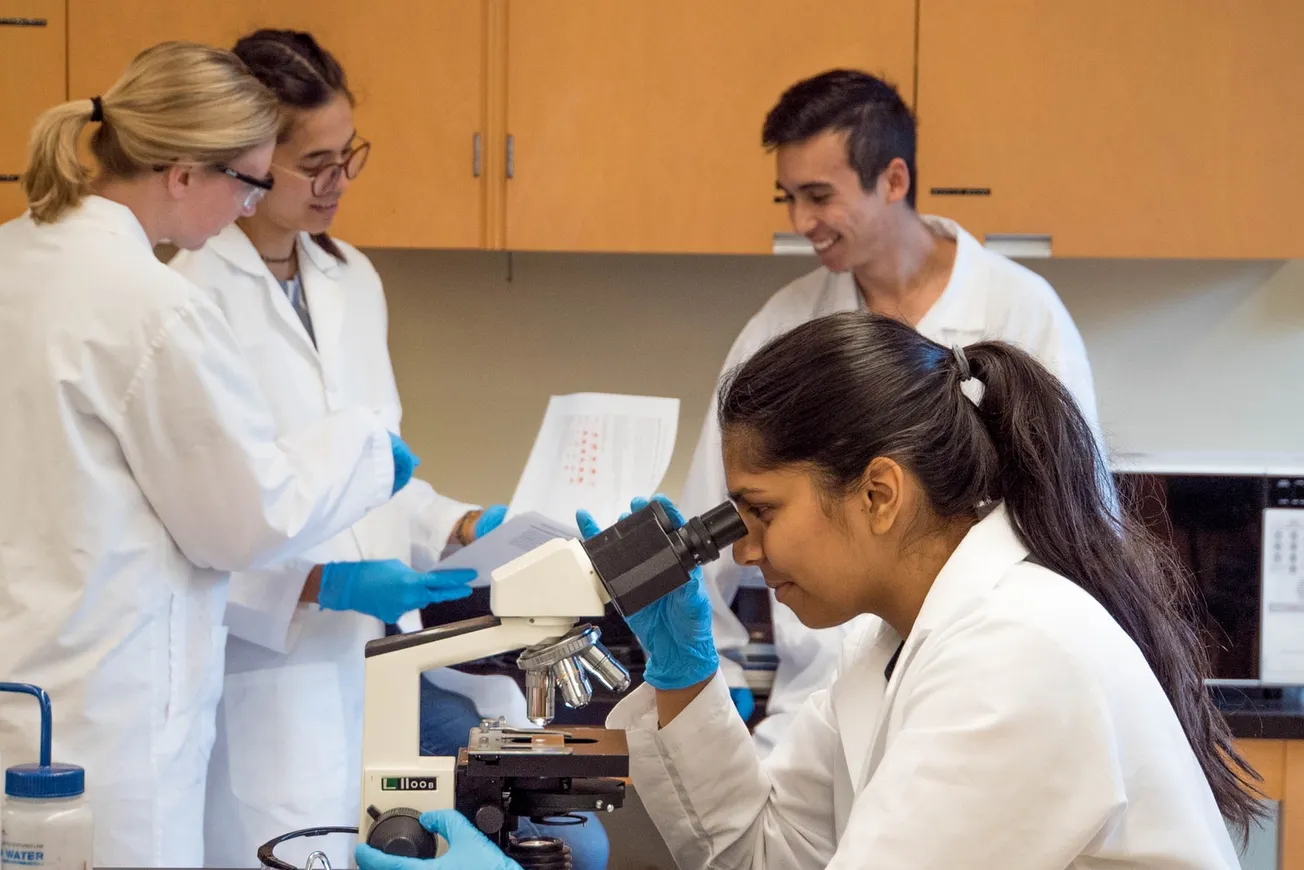Table of Contents
Larry Bell
CFACT Advisor Larry Bell heads the graduate program in space architecture at the University of Houston. He founded and directs the Sasakawa International Center for Space Architecture. He is also the author of Climate of Corruption: Politics and Power Behind the Global Warming Hoax.
Confronted with major decisions, we’re repeatedly told by government authorities to “trust the science.”
But by whose scientific authority?
Is it global institutions like the World Health Organization (WHO) that assured us the Covid-19 virus originated from pangolins in a Wuhan wet market rather than a laboratory that our own government funded?
Is it the US Centers for Disease Control (CDC) that assured us masks and shutdowns would help prevent the spread, and that vaccines were safe for low-risk children regardless of the obvious fact no long-term studies were possible?
Is it the UN Intergovernmental Panel on Climate Change (IPCC) whose purposes and alarmist pronouncements its key members and government advocates have admitted being about global wealth redistribution and whose theoretical climate models have proven grossly overheated?
Is it our current president and advisers who claim climate change is causing “historically high” temperatures and severe weather events to become more frequent despite readily available records showing this to be untrue?
Is it taxpayer-funded government agencies and “green energy” subsidy seekers claiming to save the planet from climate doom by replacing the 80 per cent of global and domestic energy provided by fossil fuels by increasing the three per cent provided by wind and solar combined and adding millions of electric vehicles that depend on rare earth minerals controlled by China to already overloaded power grids?
Is it scientific journals headed by ideologically aligned revolving-door editors who cycle between government and academic positions to close out dissenting scientific findings in favor of politically compliant narratives?
Patrick Brown, climate co-director at the Berkeley, California, Breakthrough Institute, acknowledged this problem by voluntarily admitting to having censored one of his own studies to increase the chances of getting published.
Writing in the Free Press, Brown explained that he omitted “key aspects other than climate change” from a paper on California wildfires because such details would “dilute the story that prestigious journals like Nature and its rival, Science, want to tell us.”
Brown added that editors of scientific journals “have made it abundantly clear, both by what they publish and what they reject, that they want climate papers that support certain preapproved narratives.”
Sadly, tragically, much of what is termed “science” today is fundamentally influenced by all of the above.
The late Apollo 7 astronaut Col Walter Cunningham summed up a different view of science in a statement he offered for the back cover of my first of two books written more than a decade ago on this subject, Climate of Corruption: Politics and Power Behind the Global Warming Hoax.
My long-time friend Walt observed: “Those of us fortunate enough to have traveled in space bet our lives on the competence, dedication, and integrity of the science and technology professionals who made our missions possible. … In the last 20 years, I have watched the high standards of science being violated by a few influential climate scientists, including some at NASA, while special interest opportunists have dangerously abused our public trust.”
Included are some researchers at academic institutions whose careers largely depend upon getting funded by government grants and thence published in likewise bias-confirming journals.
As for that science being “settled” regarding a human greenhouse gas-caused climate crisis, a “World Climate Declaration” made public in August by the nonprofit scientific Global Climate Intelligence Group (CLINTEL) [and] endorsed by 1,609 informed scientists and professionals — including two Nobel Laureates, John Clauser (USA) and Ivar Giaever (Norway/USA) — clearly says otherwise.
Among many objections to crisis claims and consequences, CLINTEL notes that climate models are not remotely plausible as policy tools: They exaggerate the effect of greenhouse gases while ignoring the enriching and vital vegetation benefits of CO2, which is essential to all life.
Even Gavin Schmidt, who succeeded climate activist James Hansen as head of NASA’s Goddard Institute for Space Studies (GISS), admitted to the renowned journal Science in 2021 that “It’s become clear over the last year or so that we can’t avoid this admission that the models can’t be trusted as a policy instrument. … You end up with numbers for even the near-term that are insanely scary – and wrong.”
IPCC official Ottmar Edenhofer clarified the organization’s true agenda in November 2010 when he advised that: “… one has to free oneself from the illusion that international climate policy is environmental policy. Instead, climate change policy is about how we redistribute de facto the world’s wealth …”
The late Stephen Schneider, a lead author on three overheated IPCC reports who had previously warned of global cooling, told Discover magazine in 1989 that capturing the public’s imagination about climate risks entails “getting loads of media coverage.”
“So,” he said, “We have to offer up scary scenarios, make simplified, dramatic statements, and make little mention of the doubts we might have,” whereby “Each of us has to decide what the right balance is between being effective and being honest.”
The next time you hear someone from the government with any such an agenda telling you to trust the science, don’t confuse ideological and/or political motives with legitimate and necessary trust in the scientific method … a rational process of observation, measurement, evidence, logic, debate, and iterative revision of concepts and theories where uncertainties are stated.
No, we can’t always count on scientists being right, but we should demand objectivity, rigor, and honesty.
Our lives, families, and nation’s future depend on this.
This article originally appeared at NewsMax.







